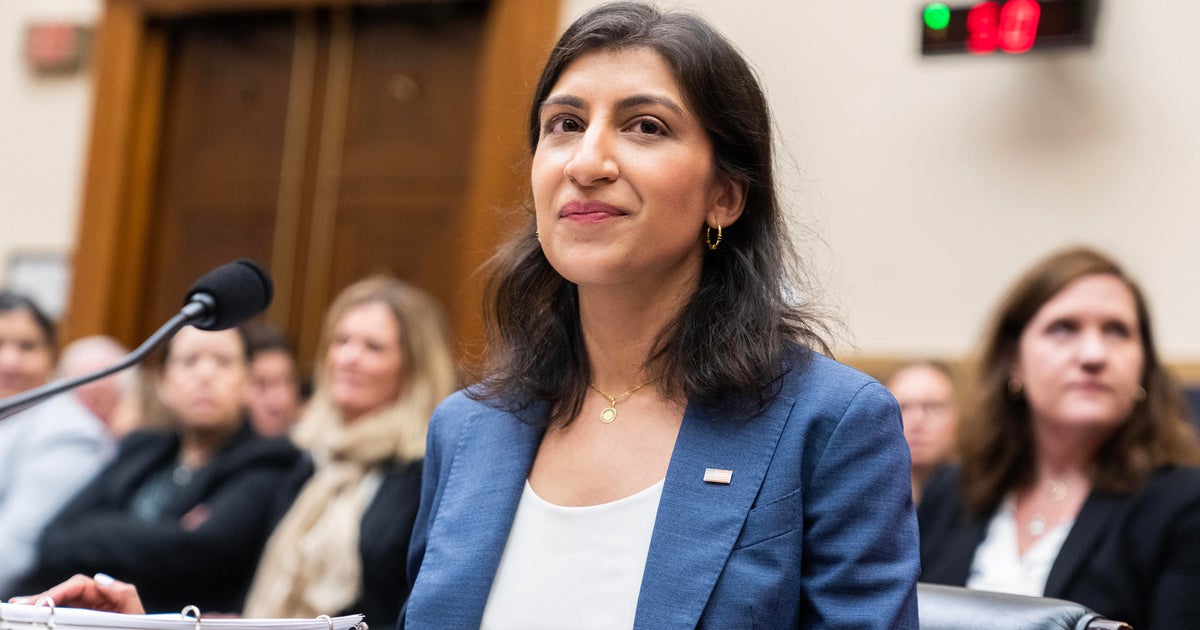A potential legal clash between Amazon and government regulators regarding its market dominance is on the horizon. The Federal Trade Commission (FTC) is reportedly preparing to sue the e-commerce giant and potentially break it up, according to Politico and Bloomberg.
Amazon, known for its diverse range of businesses including advertising, shipping, supermarkets, and movie production, has become deeply entrenched in American society. However, its rapid growth has raised concerns about monopolistic practices, with consumer activists advocating for restraints on the company. This development could be a defining moment in FTC Chair Lina Khan’s career, as she gained recognition for her argument that Amazon is a monopoly while still in law school. Recently, the FTC has faced setbacks in blocking notable mergers.
To successfully navigate an FTC case against Amazon, the government must demonstrate how the company’s business practices violate antitrust laws established a century ago. Legal experts outline several arguments likely to feature in the case.
1. Platform Power: Regulators are focusing on areas such as Amazon’s policy prohibiting third-party sellers from offering lower prices elsewhere, its promotion of Amazon’s shipping and advertising services to sellers, and the inclusion of services within the Amazon Prime shopping club. Over 60% of Amazon’s sales come from independent sellers on its platform. However, the restriction on lower prices stifles competition among platforms, allowing Amazon to maintain its dominance.
2. Package Deal: Another aspect of the FTC’s complaint may revolve around Amazon’s requirement that vendors use its logistics services, including shipping, storage, and advertising. A congressional investigation in 2020 revealed that Amazon rewards sellers who utilize these services with better placement on its site, while downgrading those who don’t. The legality of this practice, known as “tying,” depends on whether the government can prove it is solely intended to suppress competition.
3. Unfair Treatment: Media reports suggest the government may consider whether Amazon treats third-party sellers unfairly by prioritizing its own branded products in search results, even if they are more expensive. Testimonies from sellers accuse Amazon of copying their product ideas and offering cheaper alternatives. Although Amazon’s approach has drawn criticism, it may not be illegal according to antitrust laws.
As the potential legal battle looms, it remains to be seen how Amazon and the FTC will navigate these complex issues. Amazon is also disputing the European Union’s strict regulations, further highlighting the company’s global challenges.
Denial of responsibility! VigourTimes is an automatic aggregator of Global media. In each content, the hyperlink to the primary source is specified. All trademarks belong to their rightful owners, and all materials to their authors. For any complaint, please reach us at – [email protected]. We will take necessary action within 24 hours.


